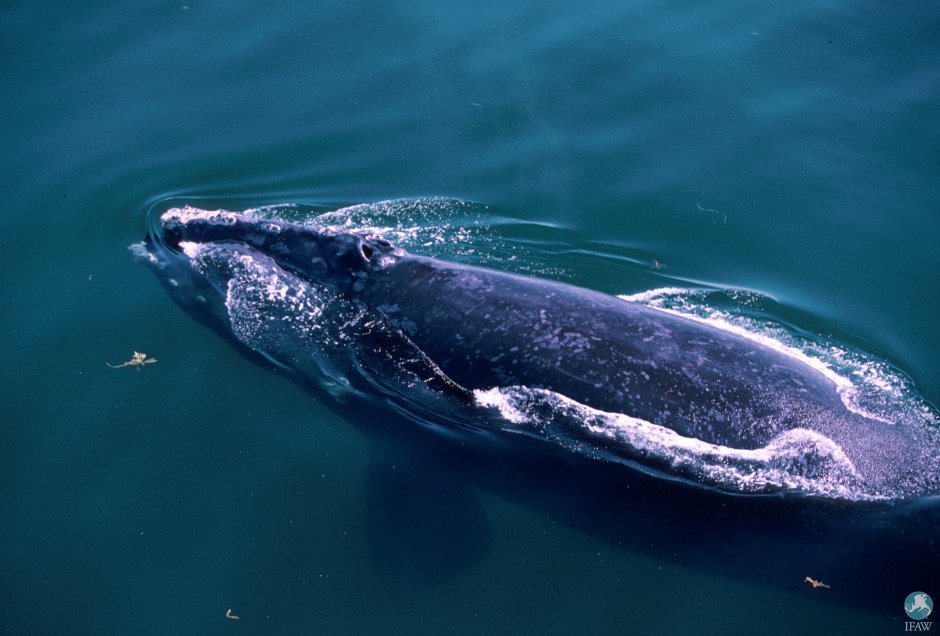calling on Canada to take greater protections for the North Atlantic right whale
calling on Canada to take greater protections for the North Atlantic right whale

North Atlantic right whales are some of the most endangered whales on earth. Entanglements in fishing gear and collisions with ships are the top threats facing this population. Only about 411 North Atlantic right whales remain, an estimated fewer than 100 of which are breeding females. With a disturbing 17 deaths recorded in 2017 (12 in the Gulf of St. Lawrence alone), action is urgently required.
No right whale calves were observed in 2018 and, so far, only four confirmed calves have been sighted in 2019 — far fewer than the number needed to help the population recover. Some scientists fear these gentle giants could be functionally extinct within 20 years, unless urgent action is taken.
This week the Canada government announced the mitigation measure for the coming season. Unfortunately, the announcement scales back some of last year’s measures. Despite the dynamic and static fisheries closures implemented in the Gulf of St. Lawrence last year, three whales were still observed entangled in Canadian waters, and one died in U.S. waters from entanglement in Canadian snow crab gear. Reducing the size of last year’s fishery closure area by more than half could prove to be a risky gamble for right whale recovery efforts.
There are other important alternatives for government, fishermen, and conservationists to work together to find solutions for right whales. We urge Fisheries and Oceans Canada to accelerate testing and adoption of ropeless fishing technologies that won’t put right whales at risk. Ropeless fishing gear could provide fishermen access to important harvesting areas that would otherwise have to be closed to protect right whales, while keeping the vertical lines that entangle whales out of the water.
IFAW also urges Transport Canada to extend the mandatory vessel slow down for all ships when in transit. Requiring all vessels to travel under 10 knots when in an area likely to overlap with right whales will provide more time for both vessel drivers and whales to identify and avoid each other and reduce injure severity in the event of a collision. Reducing ship speed has been documented as one of the most effective ways to reduce serious injuries and mortalities from ship strikes, and vessels under 65’ can certainly harm right whales in addition to larger ships.
About IFAW’s right whale work:
At the International Fund for Animal Welfare (IFAW), we are working hard to bring critically endangered North Atlantic right whales back from the brink of extinction. We are working with local fishermen to test new ropeless fishing gear that prevents entanglement, advocating for strong legal protections for whales in both Canada and the USA, and conducting scientific research studies and veterinary necropsies to advance our understanding of this magnificent and highly endangered species.
Related content
Every problem has a solution, every solution needs support.
The problems we face are urgent, complicated, and resistant to change. Real solutions demand creativity, hard work, and involvement from people like you.